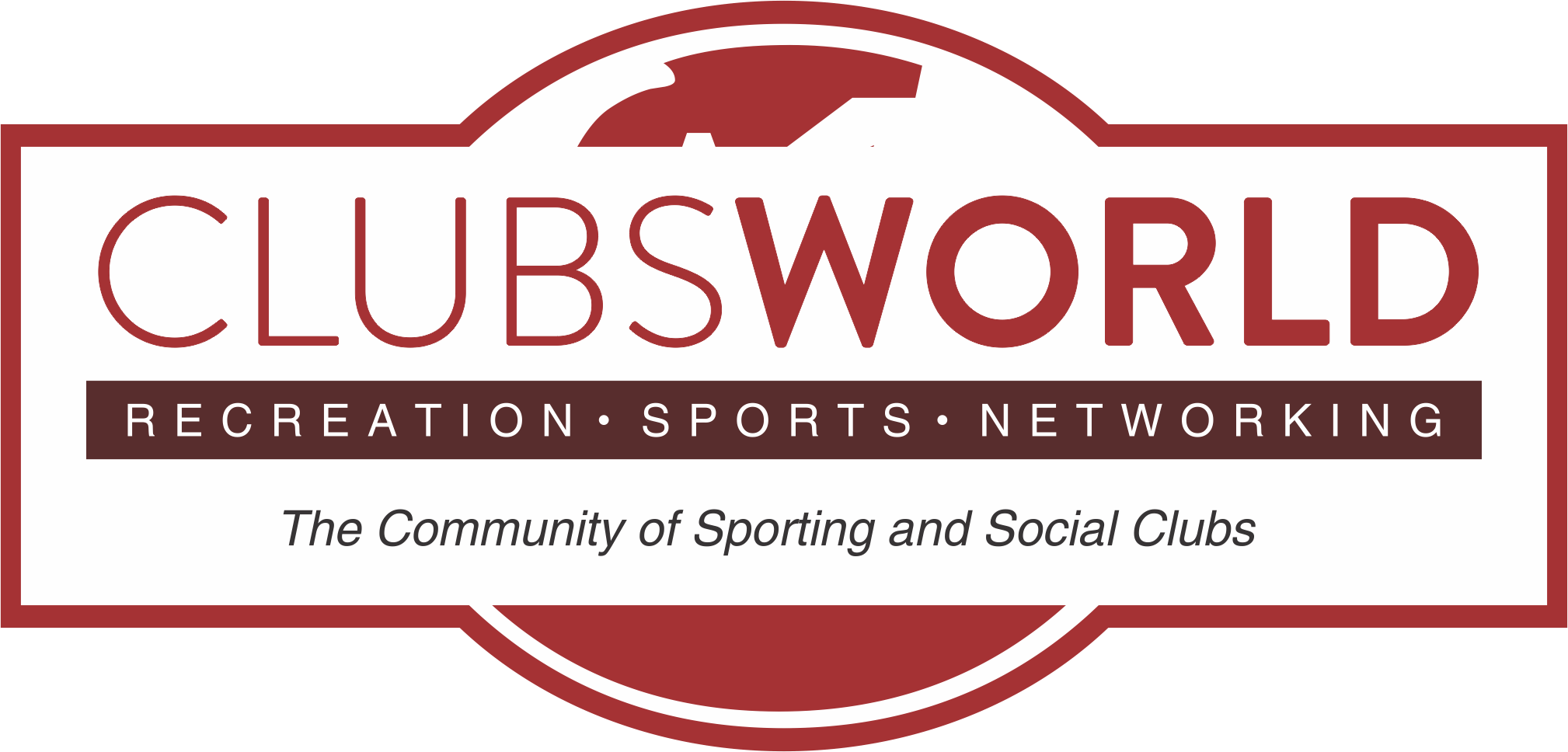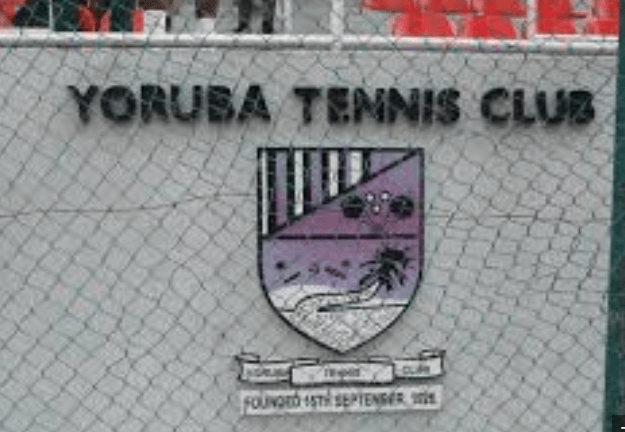The Yoruba Tennis Club, Lagos, recently hosted a secondary school tennis championship aimed at nurturing young talents and promoting the sport within the community.
The event was a resounding success, bringing together skilled young athletes from various schools to compete in a lively and competitive atmosphere.
Speaking at the championship, the Chairman of the club, Chief Olakunle Agbebi, highlighted the theme of the event, Promoting the Game of Tennis in Our Community,”emphasizing the club’s commitment to encouraging youth participation and fostering a love for the sport.
Now in its 11th edition, the championship featured both male and female participants from schools across Lagos State, providing a platform for them to showcase their skills and passion for tennis.
Chief Agbebi expressed his excitement over the high level of enthusiasm and turnout, noting that the event serves as a reminder of the positive role sports play in uniting communities and promoting healthy lifestyles.
He encouraged the winners to continue refining their skills and urged other participants to strive for improvement, emphasizing that **”there is always room for growth and progress.”**
Kehinde Lawal of Marian College, Lagos Island, emerged as the winner in the boys’ category, while Mariam Ogunbanwo of Ebute Elefun High School, Surulere, claimed victory in the girls’ category. Both winners expressed gratitude to the organizers and pledged to work harder to enhance their performances.
Through initiatives like this, the Yoruba Tennis Club continues to make a meaningful impact by inspiring young athletes and fostering a culture of excellence in sports.

